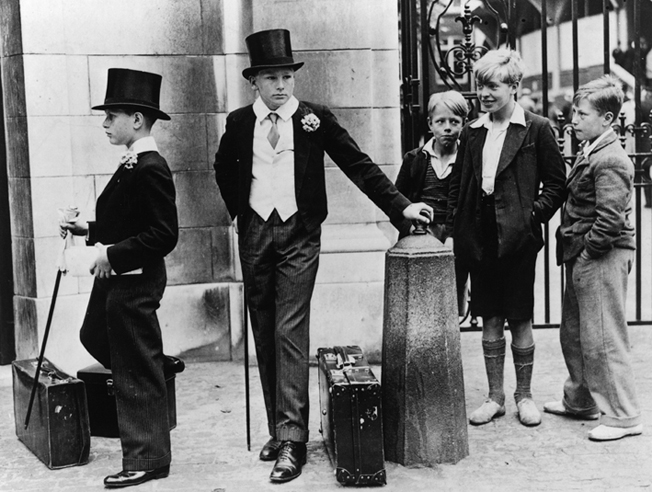
I had an interesting exchange via Twitter recently with Ian Yorston (Director of Digital Strategy at Radley College) about the difference between ‘élite’ and ‘élitist’. He argued that you don’t get élite performers without being élitist. He (and others, to be fair) used the example of élite performers in sport: they need to be treated well and compete against the best to be ‘élite’. He called this approach ‘élitism’. I argued, contrary to this, that the terms élite and élitist refer to very different concepts. You can read our conversation on Storify here. The 140-character limit soon became frustrating, so I decided to write about what I consider to be the difference here and how it applies to education.
Let’s just see what the Oxford English Dictionary (OED) has to say about the two terms under discussion:
élite: The choice part or flower (of society, or of any body or class of persons).
élitist: (derivation of ‘elitism’)
élitism: Advocacy of or reliance on the leadership and dominance of an élite (in a society, or in any body or class of persons).
You can strive to be élite (as an individual, organisation or country) without being élitist. Whilst I began by going to the OED I prefer the definitions given by Google’s ‘define’ function here:
e·lit·ist
- A person who believes that a system or society should be ruled or dominated by an elite
- A person who believes that they belong to an elite
Wikipedia defines élitism in the following way:
Elitism is the belief or attitude that some individuals, who form an elite — a select group of people with intellect, wealth, specialized training or experience, or other distinctive attributes — are those whose views on a matter are to be taken the most seriously or carry the most weight; whose views and/or actions are most likely to be constructive to society as a whole; or whose extraordinary skills, abilities or wisdom render them especially fit to govern.
I’ve got no problem with supporting and developing talent. My beef is with the important difference between élite (which is a status) and élitism (which is an attitude). It’s simply unacceptable, for example, that private school pupils dominate entry into the best universities because of the cultural capital of their parents and teachers. It’s a scandal of epic proportions that privately-educated politicians harp on about the importance of narrowly-focused league tables for state schools whilst private schools are left (by and large) to carry on activities that perpetuate hegemonic power. It’s not just about the goalposts, it’s about how level the playing field is to begin with.
As far as I’m concerned, we’ve moved on in the last 2,500 years from Plato’s idea of ‘philosopher kings’. There is no particular race or class of people who are better or worse to govern and lead society than others: there are just people who are better or worse educated and or well-connected at any given time (the latter is never measured in any league tables I’ve ever seen). During my recent trips to the United Arab Emirates I’ve witnessed an extremely economically and socially stratified society held together by a benign dictatorship and oil dollars. How far is the UK away from massive social stratification?
It’s easy to justify those things in which you’re deeply involved; it’s a case of post hoc ergo propter hoc. I just wonder how many of those who work within institutions that perpetuate a stratified and unfair society have actually reflected upon the change they want to see in the world? Perhaps, as a start, they should read some John Rawls, and reflect on how much they recognise of themselves in the theory of Cognitive Dissonance and get involved with Purpos/ed.
Be the change you want to see in the world.
Update: This post was mentioned in the Times Higher Education supplement



